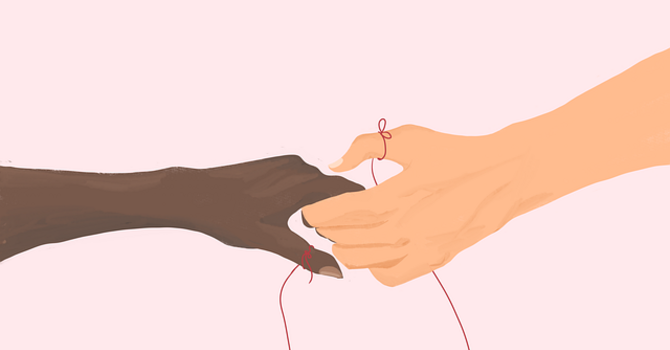
Anxiety isn’t just a mental or emotional experience, it’s often a full-body one. People with anxiety may experience symptoms in three main areas: physical, emotional, and cognitive (thought-based).
Physical Symptoms of Anxiety
Anxiety often activates your sympathetic nervous system, which is responsible for your body's fight-or-flight response. That’s why many people experience anxiety as something physical.
Common physical symptoms include:
- Racing heart or palpitations
- Shortness of breath or shallow breathing
- Muscle tension or aches
- Trembling or shaking
- Dizziness or lightheadedness
- Sweating or cold hands
- Nausea or upset stomach
- Fatigue or exhaustion
- Restlessness or feeling “wired”
Emotional Symptoms of Anxiety
Emotionally, anxiety can leave you feeling on edge, vulnerable, or overwhelmed.
You might feel:
- A constant sense of unease or dread
- Irritability or agitation
- Panic or fear that something bad is about to happen
- Difficulty relaxing, even in calm environments
- A sense of being emotionally “flooded” or overstimulated
Cognitive Symptoms of Anxiety
Anxiety often shows up in your thoughts. Sometimes in subtle ways, and other times as relentless mental chatter.
Common cognitive symptoms include:
- Racing thoughts
- Intrusive “what if?” worries
- Difficulty concentrating or focusing
- Overthinking and second-guessing decisions
- Catastrophic thinking (expecting the worst-case scenario)
- Trouble sleeping due to a “busy mind”
Everyone’s Anxiety Feels a Bit Different
Not everyone experiences anxiety in the same way. For some, it’s a constant low-level hum in the background. For others, it comes in waves or in specific situations, like social gatherings, work stress, or health concerns.
Some people live with Generalized Anxiety Disorder (GAD), which involves chronic, excessive worry about everyday matters. Others may experience social anxiety, phobias, or panic attacks, sudden surges of fear and physical symptoms that peak within minutes.
Still, even without a clinical diagnosis, anxiety can impact your well-being and deserves attention and care.
When to Seek Help for Anxiety
If your anxiety is persistent, interfering with your daily life, relationships, sleep, or ability to cope, it may be time to reach out for support. Anxiety is highly treatable, especially with the right approach.
You don’t have to wait until things feel unmanageable. Therapy can help you recognize what’s fueling your anxiety and teach you tools to feel more calm, grounded, and in control.
My Approach to Anxiety Treatment
As a psychotherapist, I take a holistic and integrative approach to anxiety. I draw from evidence-based therapies including:
- Cognitive Behavioral Therapy (CBT): to reframe anxious thought patterns
- Mindfulness and nervous system regulation: to reduce overwhelm and promote calm
- EMDR: to process and heal anxiety rooted in past experiences or trauma
We’ll work together to understand how anxiety shows up for you, and develop personalized, compassionate strategies for coping and healing.
You're Not Alone!
Anxiety is one of the most common mental health struggles and one of the most treatable. Whether your anxiety is mild and persistent or intense and disruptive, know that you are not alone, and you don’t have to figure it out by yourself.
With the right support, you can learn to navigate anxiety with more confidence, clarity, and peace.
Sources:
[1] American Psychological Association. Anxiety.
https://www.apa.org/topics/anxiety





